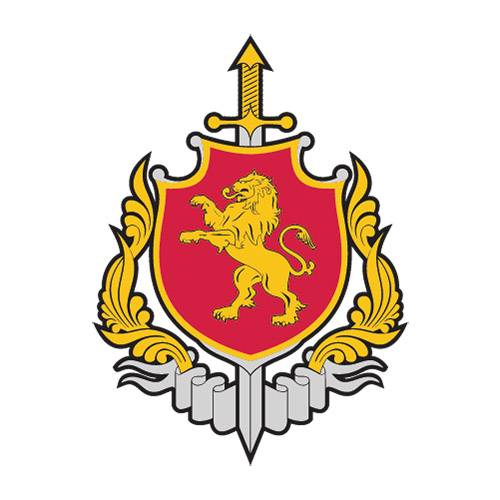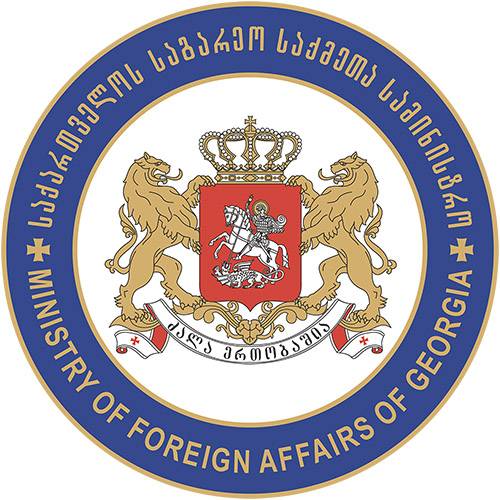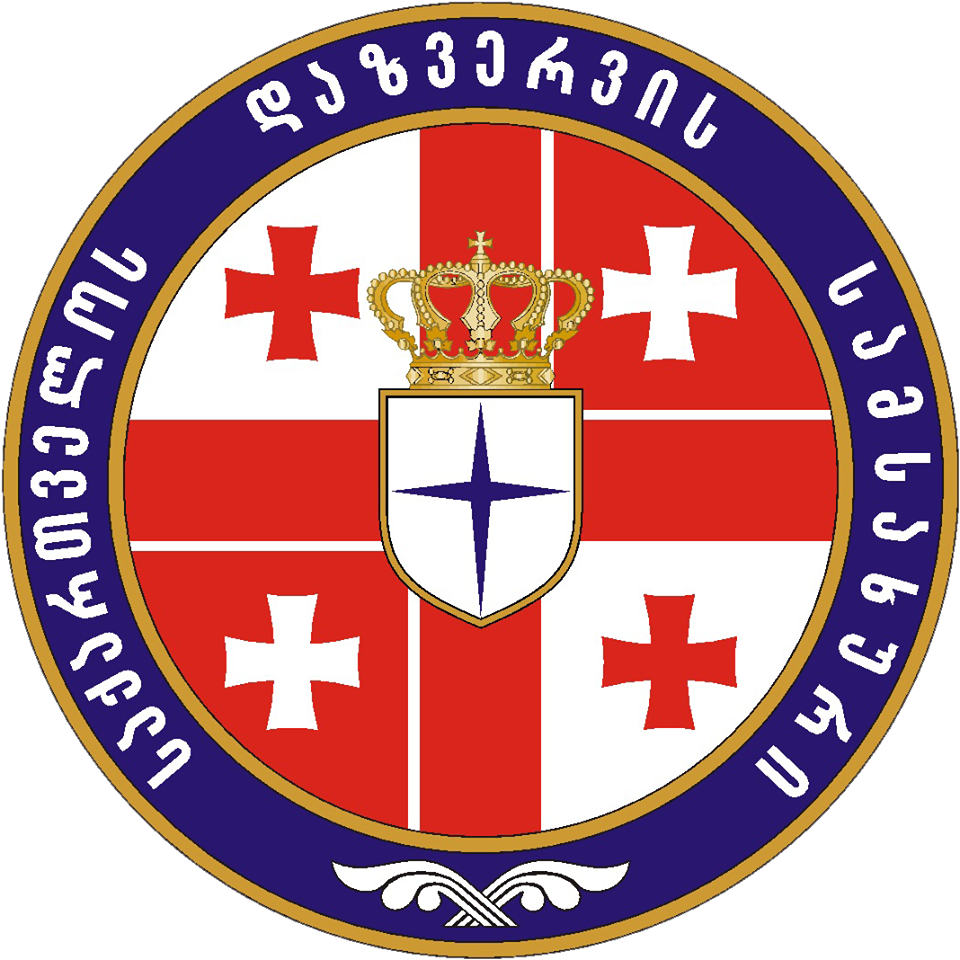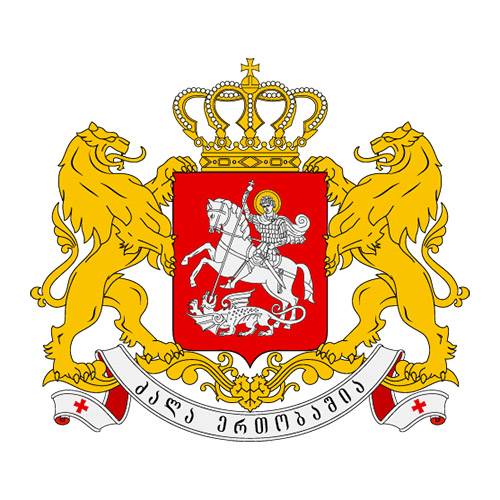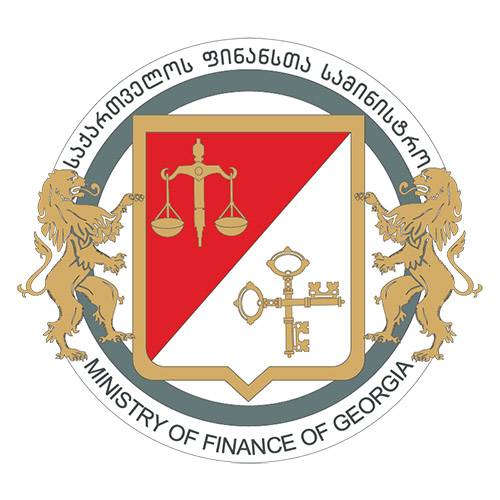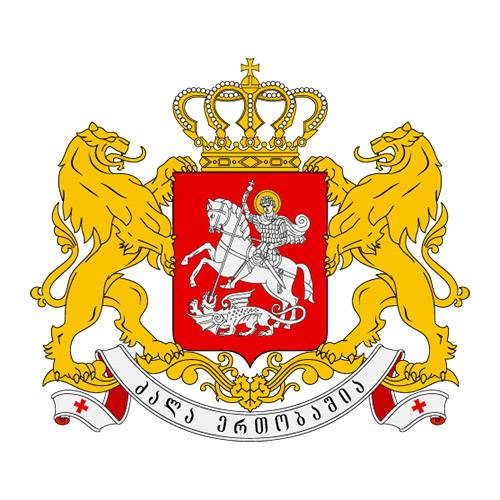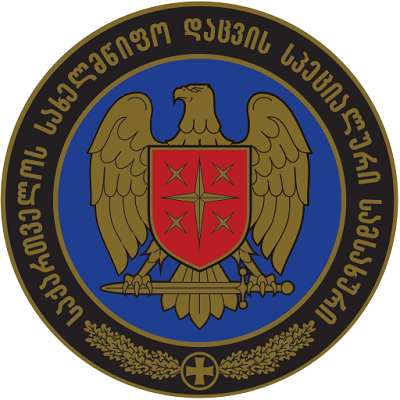


International Cooperation

The National Security Council’s Office is actively involved in the coordination process of ongoing security reforms aimed at strengthening the systemic resilience of the security sector and enhancing respective capacities. In this process, the Office works closely with international partners in both bilateral and multilateral formats.
In the course of cooperation with international partners, the National Security Council’s Office relies on the following basic guiding principles: introduction of institutional approach, development of sustainable national capabilities, boosting interagency cooperation and synchronization/harmonization of donor assistance. Within the framework of the whole of government approach, the Office carries out international activities in close coordination and with active involvement of the security sector.
The Department of Internal and External Security Affairs, the National Crisis Management Center (Department), the Department of Defence and the Administrative Department of the National Security Council’s Office actively cooperate with relevant representatives of the United States, NATO, the European Union and the United Nations in various formats. Intensive consultations and experience-sharing activities are being carried out with the representatives of the United States, the Federal Republic of Germany, the Kingdom of Denmark, the United Kingdom of Great Britain and Northern Ireland, the Republic of Latvia, the Republic of Lithuania, the Republic of Estonia, the French Republic, as well as with educational institutions, centers and academia.
The key areas of cooperation with foreign donors include the National Security Concept of Georgia, the National Cyber Security Strategy of Georgia, Georgia’s vision/strategy on the Black Sea region, combating hybrid threats, Critical Infrastructure Protection, cyber security, crisis management and civil security.
A Foreign Advisory Group was set up at the National Security Council’ Office aimed at supporting national security policy planning and coordination process at the strategic level. The Group provides advices and recommendations to the Office on national security, regional security and defence issues, the development of national-level conceptual documents and interagency cooperation formats. The Group is staffed by permanent and invited foreign advisors.

